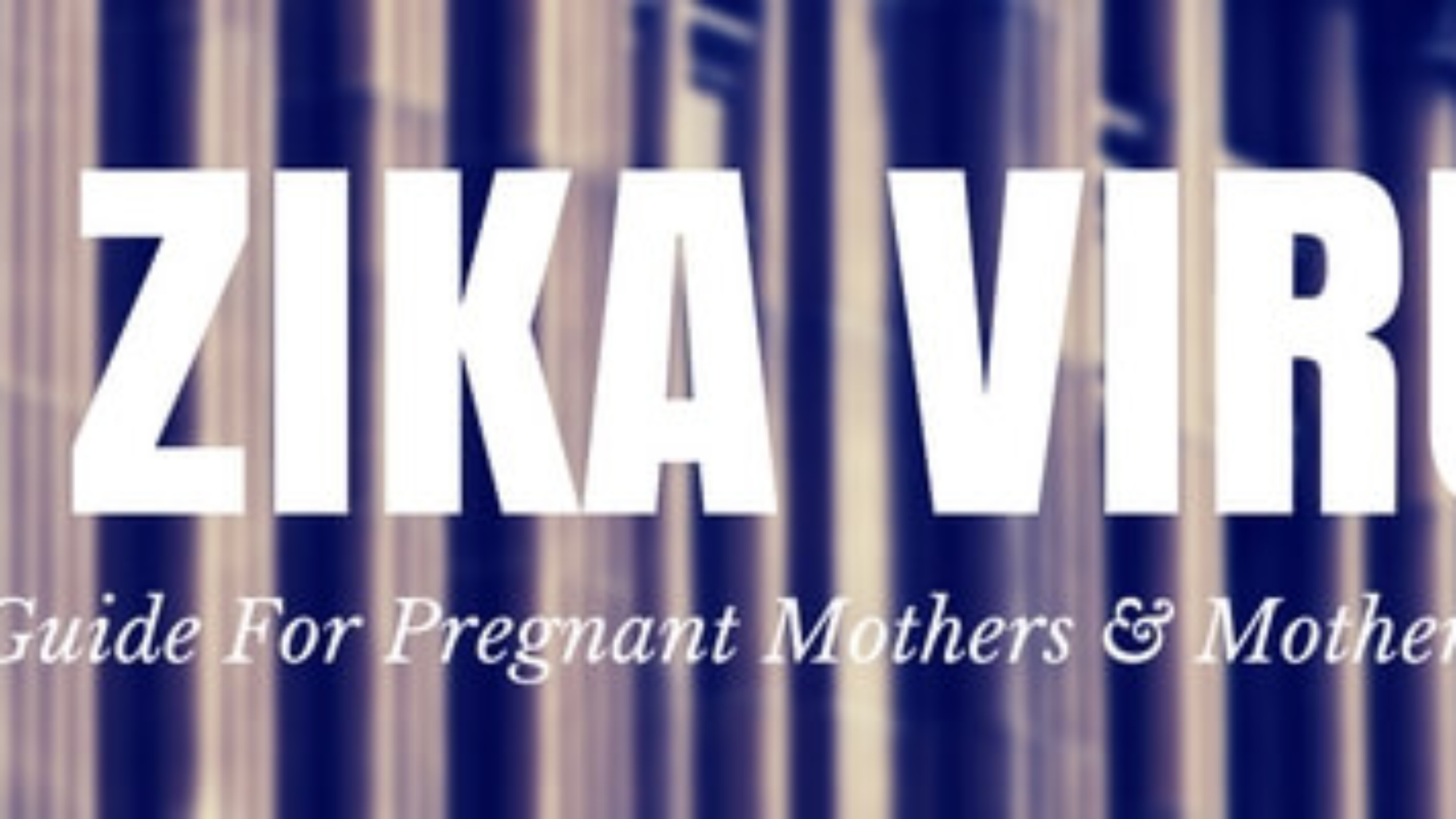Introduction
Zika virus is associated with outbreaks that can cause birth defects such as Microcephaly in babies and Guillain-Barré Syndrome. Infection in pregnancy is thought to be a cause of microcephaly. The likelihood of microcephaly is not certain but epidemiological studies suggest a risk approximating to 1%. Zika virus is also associated with Guillain-Barré Syndrome although it is less likely.
This outbreak has been declared a global health emergency by WHO. Its risk profile has changed from a mild threat to one with serious consequences.
How do you get infected?
Zika virus is transmitted by a bite from an infected mosquito (Aedes aegypti).
It can also be spread through sexual contact of an infected person.
The infection is now present in 60 countries (This is present in Malaysia and Singapore) and occurs where the mosquito Aedes aegypti is prevalent. The infection is generally mild and is characterized by muscle aches and pains, malaise, fever and a rash.
Advice for women who are pregnant
- The best advice is for pregnant women to avoid travelling to countries where Zika virus has been reported.
- If you are living in a country where Zika virus is known to occur, you should take all reasonable precautions to avoid being bitten by a mosquito. Protect yourself using insect repellents or by staying indoors in places that have mosquito screens / repellents.
- For all sexual partners, avoid travelling to areas of high risk. However, if you are living in or returning from areas where local transmission of Zika virus occurs, you should practice safe sex (including using condoms) or abstain from sexual activity throughout the pregnancy.
- If you are at risk, if possible, undergo serological tests and ultrasound surveillance for microcephaly. This can be done in the third trimester. Your baby should have their head circumference measured at least 24 hours after birth and compared with WHO growth standards.
Advice for women trying to become pregnant, undergoing fertility treatment and/or gamete donation.
It is confirmed that Zika virus is present Semen. It may persist in semen even after the infection has resolved. The Zika virus is also very likely to survive freeze/thaw.
For all the above reasons, it is suggested that if you have a history suggestive of possible Zika infection you must take the following precautions (This applies to both the women, their partner or prospective sperm donors):
- Do not attempt to get pregnant or undergo fertility treatment or donate gametes for 6 (six) months.
- Sperm donors should be deferred from donation for 6 (six) months unless the semen is tested negative for Zika virus using RNA by nucleic acid testing (NAT).
If you had no history of Zika infection:
- A woman or her partner returning from or living in an area where local transmission of Zika virus occurs and who have had no symptoms suspicious of Zika should wait 2 (two) months before attempting pregnancy or undergo infertility treatment if no symptoms suggestive of Zika virus infection appear in this period.
- The same applies for prospective sperm donors returning from or living in an area where local transmission of Zika virus occurs and who have had no symptoms suspicious of Zika. You should wait 2 (two) months before attempting to donate sperm if no symptoms suggestive of Zika virus infection appear in this period.
What’s the treatment for Zika?
There is no medicine for Zika. If you’re diagnosed with Zika during pregnancy, your healthcare provider will likely order extra ultrasounds to check on your baby’s development.
If you have any questions regarding this topic, please do not hesitate to contact Dr.Gan.



Add a Comment